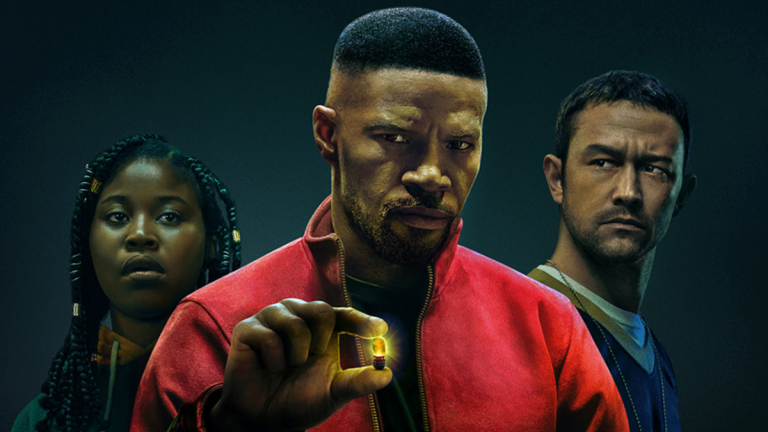One time in a law school class* I learned about the case Moore v. Regents of the University of California. It was a fascinating battle between a man who had “hairy cell leukemia” and a university** hospital whose doctor repeatedly called him over to the office to extract cells that would be used in research. When John Moore realized something was up, he sued for a share of the $3,000,000,000 UCLA Medical Center would up making from the research. The courts ruled that the doctor should have informed Moore what was going on when he kept calling him back to the office for blood samples after the treatment was over, and Moore should have thusly had a chance to say no and/or offer his cells to other institutes. Bodily autonomy is absolute in our society, unless you’re a woman and conservatives want to keep you breeding***. However, he was only awarded a token sum to cover his legal fees, as the courts ruled he had no property rights towards the cells once they were out of his body. They felt ruling otherwise would have a chilling effect on medical research. I remember feeling angry learning about this, feeling someone should be paid for the use of part of his body, especially when there’s so much money made from it. On the other hand, I was just reading a Reddit threat about the case and there is vigorous debate on both sides. I understand the argument that you don’t want people refusing to sell their blood unless they could get millions – or billions – when those cells could save countless lives. Of course by similar arguments you can – and should – argue that America’s for-profit healthcare system is immoral, but that’s a topic for another time.
I later learned that a very similar, even more famous case involves a woman named Henrietta Lacks and her line of immortal “HeLa” cells. This is a truly fascinating moral quandary with no real right or wrong answer, and you can certainly make a movie engaging in a spellbinding philosophical debate about it.
This isn’t that movie at all, despite discussing the HeLa cell controversy in a climatic scene.
I’m curious about whether this started out as a drama about the ethics of using someone’s DNA against their will to help all of humanity, supposedly. Maybe that’s how it was in the early stages of development. Heck, maybe even the final screenplay was like that and the director screwed up. I don’t know.
What I do know is that the finished product falls flat. Someone – Netflix executives, the director, whoever – decided to try and create a superhero movie on a budget instead. Part of the problem is that the action sequences are neither choreographed well nor possessing impressive effects. Part of the problem is that the human story doesn’t make up for it at all. We get annoying clichés about a main character damaged by the loss of his child, a main character who’s gruff until a child manages to break through his defenses, etc.
The one thing I did really like about this movie is Joseph Gordon-Levitt, who absolutely rises above the material. Years removed from his success as a child star, Gordon-Levitt suddenly became one of Hollywood’s most prolific actors in major movies from 2007-2016. Then he suddenly vanished. I looked into it a couple of years ago and saw he was focused on the record label he started, as well as raising the kids he now had. More power to him if he has different interests, and seeks a work-life balance. That said, I can’t help but wonder if things would be different had The Walk or Snowden had cemented him as an A-list star instead of flopping.
Regardless, great to see him back but too bad it’s in such a lame film.
Bottom line: Like I said, lame.
Up Next: A better film with ole Joe (and young Joe, hee hee).
*Yes I took a few. You can just call me Renaissance Man, LOL.
**My alma matter, UCLA.
***I’ve vented about that single-issue cult before.
%

Recent Comments